As China moves toward modernization in the recent years, it has become more tolerant towards foreign cultures. Many aspects of the western cultures have been adopted and adapted into local versions. Some of these can be seen/heard in the colloquial Chinese language, such as “脱口秀(tuōkǒuxiù)” sounds like and means “talk show” and “黑客(hēikè)” means “hacker”.
Scroll down to see more of these English-originated Chinese words.
1. 香波(xiāng bō): shampoo
香(xiāng) means aromatic, 波(bō) means wave. Chinese people consider “aromatic wave” to be shampoo, interesting, isn’t it? However, the pronunciation of this word plays a more important role here, as this word comes from the English word “shampoo”.

Example:
Mary: 你买的香波不太好,我的很贵。~
Linda: 贵了不起啊…….:(((
Mary: nǐ mǎi de xiāng bō bú tài hǎo , wǒ de hěn guì.
Linda: guì liǎo bù qǐ a……..:(((
Mary: The shampoo you bought isn’t very good. Mine is very expensive.~
Linda: So what……..:(((
2. 酷(kù): cool
Judging by its pronunciation, we can tell that this word means “cool”, or “stylish”. It’s a very popular word among young people in China.
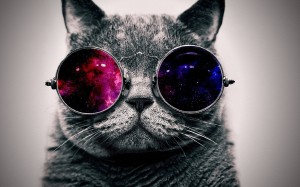
Example:
Mary: Your new hair style is really cool!
Linda: Yeah~……And yours is simply an eyesore.
Mary: 你的新发型太酷了。
Linda: 对啊~…….你的发型弱爆了。
Mary: nǐ de xīn fà xíng tài kù le.
Linda: duì a~……..nǐ de fà xíng ruò bào le.
3. 粉丝 (fěn sī): fans
“粉丝 (fěn sī)” is actually Chinese word, which means vermicelli. It’s a kind of food similar to noodles. Nowadays this word is also commonly used to describe “fans”, again it’s the pronunciation here which plays an important role as it’s borrowed from the English word “fans”.
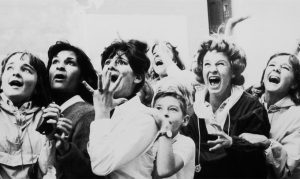
Example:
Mary: I’m a fan of Mr.X, he’s gorgeous.
Linda: He’s such a stupid guy, I can’t believe you like him.
Mary: :(((
Mary: 我是X先生的粉丝,他太棒了。
Linda: 我真不敢相信你喜欢这么傻的一个人。
Mary: :(((
Mary: wǒ shì X xiān shēng de fěn sī , tā tài bàng le.
Linda: wǒ zhēn bù gǎn xiāng xìn nǐ xǐ huān zhè me shǎ de yī gè rén.
Mary: :(((
4. 派对 (pài duì): party
“派对 (pài duì)” is a word that purely comes from the English word “party”.

Example:
Mary: Are you coming to my boyfriend’s birthday party tomorrow evening?
Linda: What??? He’s just called me and asked me to have dinner with him tomorrow evening.
Mary: 你明天晚上来我男朋友的生日派对吗?
Linda: 什么??? 他刚打电话给我说明天晚上要和我一起吃晚饭。
Mary: nǐ míng tiān wǎn shàng lái wǒ nán péng yǒu de shēng rì pài duì ma?
Linda: shén me??? tā gāng dǎ diàn huà gěi wǒ shuō míng tiān wǎn shàng yào hé wǒ yì qǐ chī
wǎn fàn.
5. 马杀鸡(mǎshājī): massage
As a matter of fact, there is a word for “massage” in the Chinese language, which is “按摩(ànmó)”. However, more and more young people in China start to use “马杀鸡(mǎshājī)” instead of “按摩(ànmó)”
马 is horse;
杀 is to kill;
鸡 is chicken.
When put togeher, they mean “massage” (!!?)
Example:
Mary: My back is in pain. I desperately need a massage.
Linda: You can ask your boyfriend to give you one.
Mary: I don’t trust him anymore……
Mary: 我的背很疼。我非常需要做一个马杀鸡。
Linda: 你可以让你的男朋友给你按摩。
Mary: 我已经不相信他了……..
Mary: wǒ de bèi hěng téng . wǒ fēi cháng xū yào zuò yī gè mǎ shā jī.
Linda: nǐ kě yǐ ràng nǐ de nán péng yǒu gěi nǐ àn mó .
Mary: wǒ yǐ jīng bù xiāng xìn tā le……


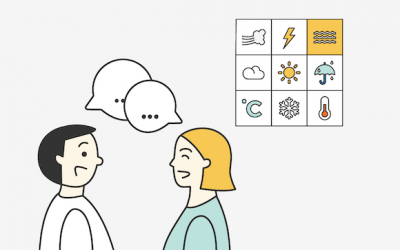
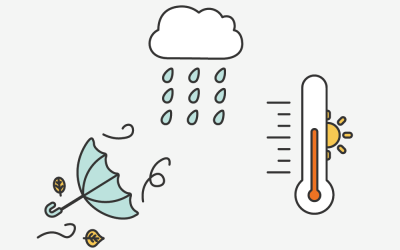
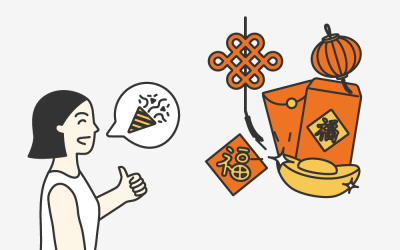



0 Comments